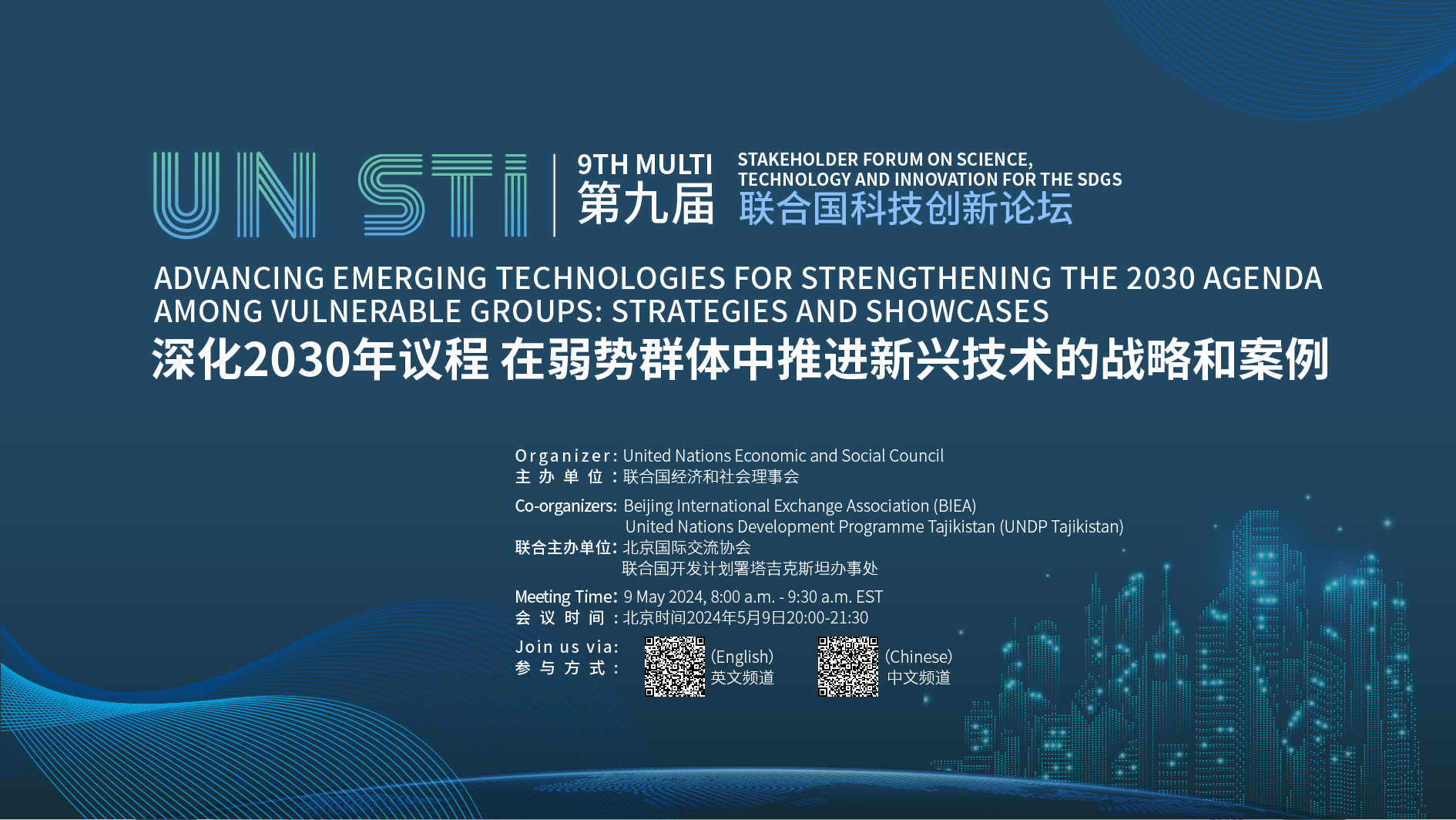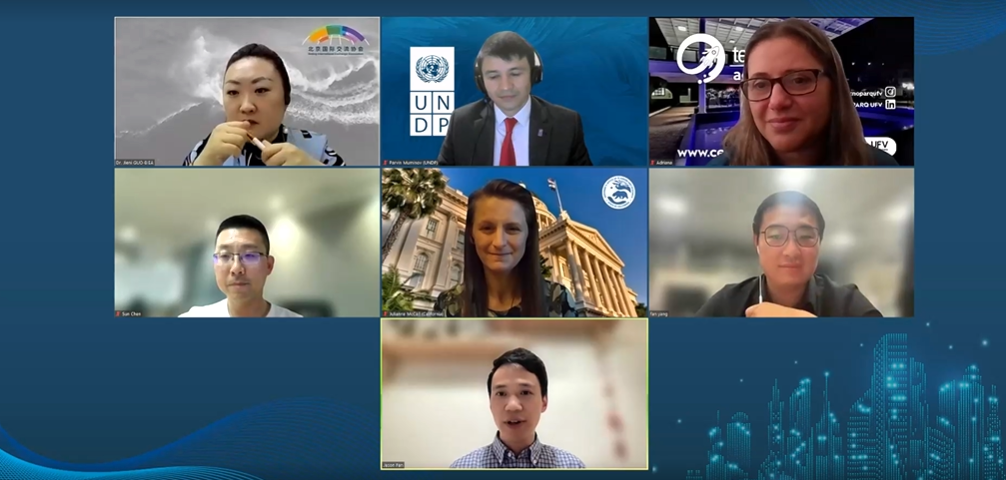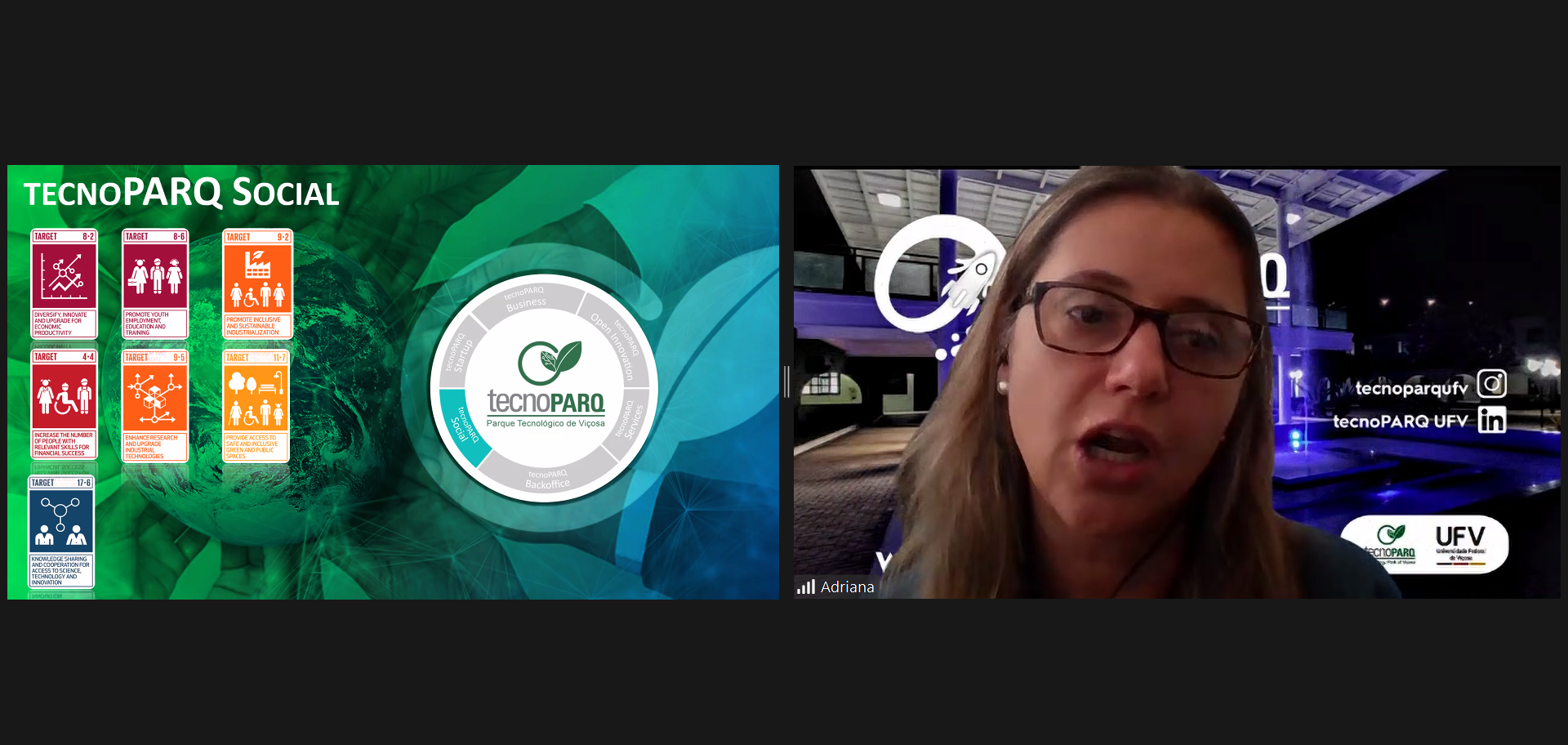The 9th Multi-stakeholder Forum on Science, Technology and Innovation for the Sustainable Development Goals (STI Forum) was held from May 9-10 (EST) in 2024 at the United Nations Headquarters in New York. As an important part of the United Nations 2030 Agenda for Sustainable Development, the STI Forum themed Science, Technology and Innovation for Reinforcing the 2030 Agenda and Eradicating Poverty in Times of Multiple Crises: The Effective Delivery of Sustainable, Resilient and Innovative Solutions has inspired more than 30 side events during the same period.
Beijing International Exchange Association (BIEA) with Special Consultative Status of UN ECOSOC, partnered with the United Nations Development Programme Tajikistan (UNDP Tajikistan) held an online side event entitled Advancing Emerging Technologies for Strengthening the 2030 Agenda for Vulnerable Groups: Strategies and Showcases on the evening of May 9 (CST). The event invited experts from Brazil, China, Tajikistan and the United States, Brazil to share and exchange insights and experiences, holding successfully with 2,300 domestic and overseas audiences engaged.

Dr. Jieni Guo, Secretary-General of the Beijing International Exchange Association, said in her opening speech: "Technological innovation shapes the world, promoting development in various fields such as education, healthcare, and energy, and driving social progress. However, there is an uneven distribution of the fruits of technological innovation, and disparities exist worldwide in accessing scientific knowledge, technology, and infrastructure. We must learn from successful experiences globally to create an environment where the outcomes of technological innovation benefit all strata of society and fairly promote global development. This side event, by inviting representatives from international organizations, governments, and private sector leaders, among other stakeholders, aims to share knowledge, exchange experiences, and integrate resources, making efforts to build an international cooperation platform for the achievement of global sustainable development."

Subsequently, distinguished representatives from the United Nations Development Programme, the Office of Planning and Research of the Governor of California, the Brazilian National Innovation Industry Promotion Committee, and the private sector each shared case studies on how to advance technology for good in areas such as education, healthcare, and energy.

Yang Fan, the Minister of Industry-Education Integration at the Zhongguancun Internet Education Innovation Center, focused on the positive role of digitalization in making education more inclusive, stating that technology can create a more equitable educational future. Dr. Julian McCall, Director of Precision Medicine at the Office of Planning and Research of the Governor of California, analyzed the office's health equity research policies and discussed how policy measures can safeguard the basic rights of vulnerable groups. Chen Zhijian, founder and CEO of Jindie Time Space, explained the new technology RISC-V, revealing how it can make global artificial intelligence computing power more accessible. Adriana Ferreira de Faria, Chair of the Brazilian National Innovation Industry Promotion Committee, introduced Brazil's innovation environment, noting that a proactive innovation environment drives sustainable and inclusive development. Parvin Muminov, Acting Project Manager for Climate Change, Energy, and Environment at the UNDP Office in Tajikistan, elucidated the significant role of green technology and digitalization in Tajikistan's path to sustainable development.
-
Exhibition at the 2nd UN World Summit for Social Development: Presenting China's Sustainable Development Practices
2024.05.10 -
Statement at the UN HLPF: BIEA Advocates Multi-Stakeholder Partnerships for Inclusive Development
2024.05.10 -
High-Level Political Forum (HLPF): Advancing Emerging Economy Development and Amplifying NGO Voices Globally
2024.05.10 -
Carrying Out Capacity Building and Experience Sharing to Enhance the International Engagement Capacity of Chinese NGOs
2024.05.10